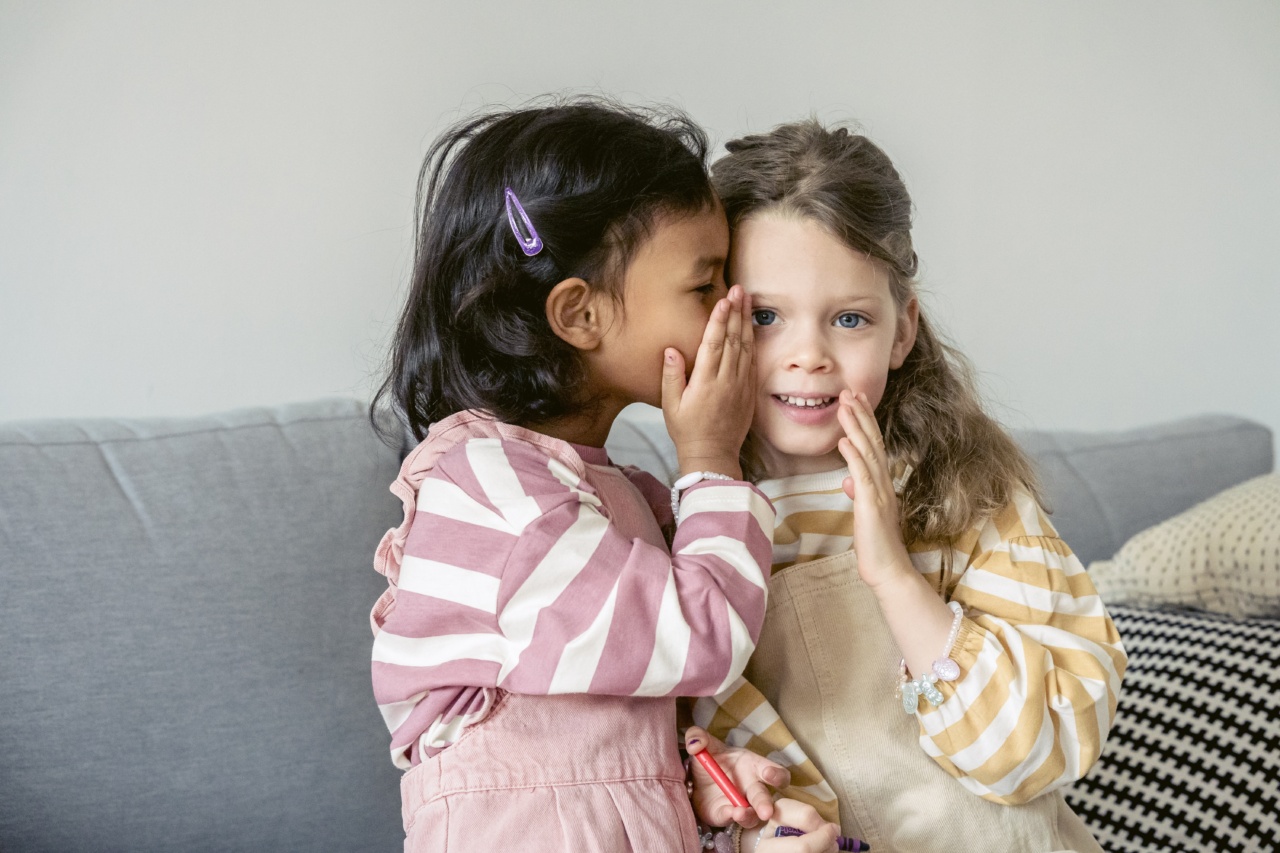Gossip is something that most people have likely experienced at some point in their lives, whether they were the subject of it or participated in it themselves. However, it has been shown that gossip tends to be more prevalent among girls than boys.
This article will explore the reasons why gossip is more common among girls and the psychological factors that play a role in this behavior.
Why is Gossip More Common Among Girls?
One possible reason why gossip is more common among girls is that they tend to place a greater emphasis on the maintenance of social relationships.
Girls often prioritize the quality of their peer relationships over other aspects of their lives, such as academics or sports. This means that they may be more attuned to the social dynamics of their social groups and more likely to engage in gossip as a way to maintain or strengthen their relationships with others.
Another reason why gossip may be more common among girls is that they tend to be more emotionally expressive than boys.
Girls are often encouraged to express their feelings and emotions more openly, which can lead to more frequent discussions about personal matters. Gossip can provide an outlet for girls to share their thoughts and feelings about others without fear of judgement or consequence.
The Psychological Factors behind Gossip
Psychologists have studied the phenomenon of gossip for many years and have identified several underlying psychological factors that can motivate people to participate in gossip. These factors include:.
1. Social Comparison
Humans have a natural tendency to compare themselves to others, especially when it comes to social status and achievements.
Gossip can provide a way for people to elevate their own status by denigrating others who they perceive as inferior or less successful.
2. Power Dynamics
Gossip can also be a way to establish and maintain power dynamics within social groups. By spreading rumors or information about others, individuals can gain social influence and control over their peers.
3. Ingroup Bias
People tend to have a natural bias towards those who they perceive as belonging to their own social group (ingroup). This can lead to the exclusion of outsiders (outgroup).
Gossip can be a means for individuals to reinforce these ingroup biases and maintain their sense of belonging within a social group.
4. Emotional Regulation
Gossip can serve as a way for people to regulate their own negative emotions. By venting their frustrations or anger about others to a third party, individuals can alleviate the negative emotional burden of their own feelings.
The Negative Consequences of Gossip
Gossip can have negative consequences for both the individuals who are the subject of it and those who participate in it. Firstly, gossip can damage the reputation and social standing of the person who is the target of it.
Rumors and false information can spread quickly and result in long-lasting harm to a person’s relationships and opportunities.
Secondly, gossip can have negative consequences for the individuals who participate in it. By engaging in gossip, people can develop a negative reputation themselves, which can lead to exclusion from social groups and damage to their own self-esteem.
Furthermore, gossip can create a toxic social atmosphere where individuals feel unsafe and mistrustful of others.
Conclusion
Gossip is a common behavior that is driven by underlying psychological factors such as social comparison, power dynamics, ingroup bias, and emotional regulation.
While gossip can serve as a way for individuals to express their emotions, it can also have long-lasting negative consequences for both the individual who is the target of it and those who participate in it. To foster positive and healthy social relationships, it’s important to be mindful of the impact that gossip can have.






























